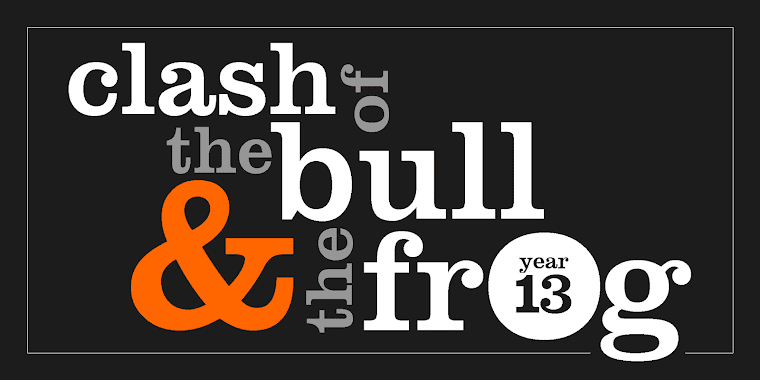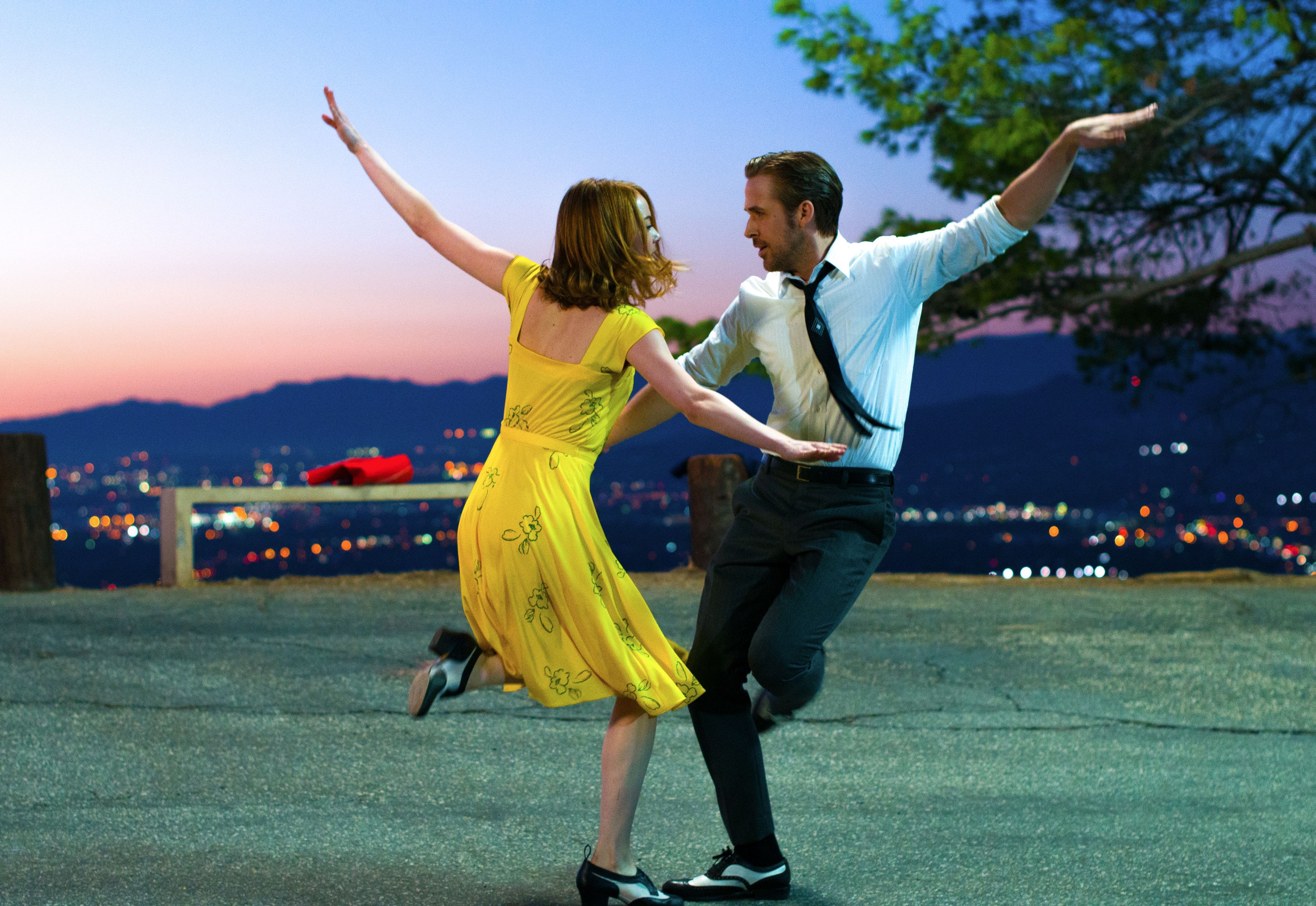Have you experienced something so profound you are left reeling like a top until you slow down and come to a complete stillness you never knew could happen to you? It did happen to me when the last frame of Barry Jenkin’s “Moonlight” cut to black to reveal the end credits. It is difficult to describe how I feel—except that I have felt. It tells the story of Chiron in three parts—first as a silent and unwanted boy, second as a bullied teenager, and third as a man who questions the very nature of being one. What does it mean to be masculine? How he maneuvers this mystery with the people closest to him is the tension of this gorgeous film. It does not help that he has a drug addict for a mother, a stranger who later becomes his surrogate father who also turns out to be the source of his mother’s addiction, and a bestfriend who becomes more than a bestfriend in one revelatory night. This friend’s name is Kevin, and he is the tipping point to Chiron’s journey of self-examination. The film is a work of poetry—from the strong performances of the actors, the high contrast of the landscape, to the camera lingering no longer than a few seconds on a man’s stoic face and then moving on to another one in rage, and the use of water as a metaphor for rebirth, cleansing, and desire. In one scene, a man said to Chiron, “At some point, you get to decide for yourself who you want to be. You can’t let nobody make that decision for you.” There is no other film that I can recall so far that tackles the delicate tightrope of masculinity in this manner. These days the slightest hint of weakness and vulnerability is enough reason for people to leave and abandon you, and this is the reason why the existence of “Moonlight”—which is adapted from the stage play “In Moonlight Black Boys Look Blue”—makes it a highly relevant one. It is the ugly truth that the LGBTQ community rarely acknowledges. If the power of its obvious Oscar competition, Damien Chazelle’s “La La Land,” comes from putting its sentimentality on its sleeves, “Moonlight” does it by restraining its sentimentality as much as it can until it cannot hold it much longer. The emotion is close to bursting. Although the film touches on issues such as addiction, prejudice, and sexual identity, it does not aim to provoke nor does it intend to create noise. What it does instead is to show things as they are. It shows us how to feel, and it whispers to us there is nothing wrong with that.
[ image lifted from this site ]


